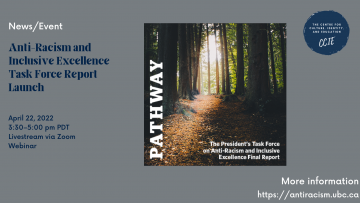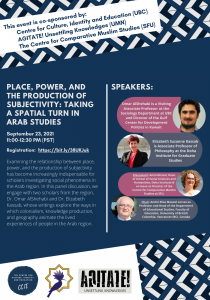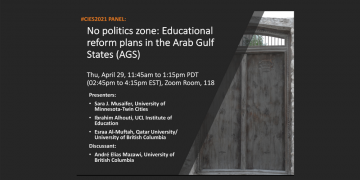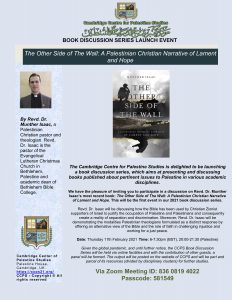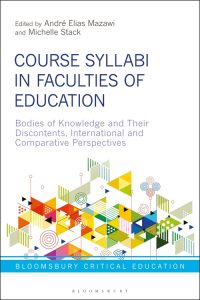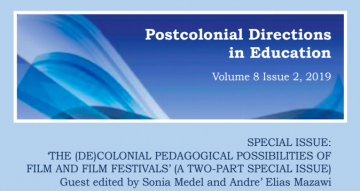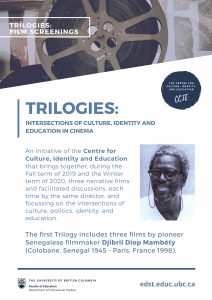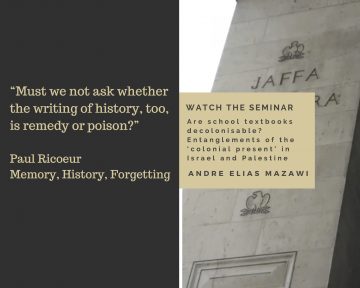No politics Zone – Educational reform in the Arab Gulf states (CIES 2021 panel)
Thursday 29 April – 11:45 AM – 1:15 PM (Pacific Time (US & Canada))
- Organizer: Esraa Al-Muftah (Qatar University / University of British Columbia)
- The perpetual [gendered] crisis in education: A genealogical analysis of the desired ideal girl in (post)colonial Bahrain *Sara J.. Musaifer (University of Minnesota-Twin Cities)
- The political mechanisms of reforming educational systems in the Gulf region *Ibrahim Alhouti (UCL Institute of Education)
- Strategizing in higher education: A critical discourse analysis *Hadeel AlKhateeb (Qatar University)
- Academic mobility, between the past and the present: The case of Qatar University *Esraa Al-Muftah (Qatar University / University of British Columbia)
The Other Side of The Wall: A Palestinian Christian Narrative of Lament and Hope
The Cambridge Centre for Palestine Studies is inviting you to participate in a discussion on Revd. Dr. Munther Isaac’s most recent book: The Other Side of The Wall: A Palestinian Christian Narrative of Lament and Hope.
Select Publications List of André Elias Mazawi
A selection of Books, Articles, Chapters, Guest-edited Journal Issues, Audio-Visual Modules, Keynotes, Invited Presentations and Conference papers by André Elias Mazawi
(De)colonial Pedagogical Possibilities of Films & Film Festivals
Two-parts Special Issue of Postcolonial Directions in Education, guest co-edited by Sonia Medel and André Elias Mazawi in 2019-2020
‘Talking in/talking out’: Indigenous knowledge, filmmaking, and the decolonial poetics of visual sovereignty
A conversation with Indigenous filmmaker and cultural activist Dr. Dorothy Christian, Sonia Medel and André Elias Mazawi
Office of the Vancouver Latin American Film Festival (VLAFF), Woodward’s Building, Vancouver, BC, the early afternoon of June 7, 2019.
Positioning and introduction
Sonia Medel: I want to begin by welcoming you, Dorothy, and thank you for joining us for this conversation that will form part of the Postcolonial Directions in Education Special Issue on film and film festivals. I also want to acknowledge that we are engaging in this this conversation, here, in the Vancouver Latin American Film Festival (VLAFF) office, in the Woodward’s building, in Vancouver, on unceded Coast Salish, Tseil-wautulth, Musqueam and Squamish lands. This is very much a contested building and land, a reality that forms part of our ongoing dialogue behind the need for a Special Issue on the (de)colonial potential of film and film festivals. I would like to hand over the floor to you, Dorothy, by asking “Who is Dr. Dorothy Christian and why were you interested in joining us today?”.
CCIE’s first Trilogy: 3 films by Senegalese filmmaker Djibril Diop Mambéty
TRILOGIES: Intersections of culture, identity and education in cinema (Organized by André Elias Mazawi)
“Trilogies” is a CCIE initiative that brings together three narrative films, each time by the same director, and focussing on the intersections of culture, politics, identity, and education.
Each screening is followed by a facilitated discussion which will examine intersections of culture, identity and education issues reflected in the screenings.
The first Trilogy includes three films by pioneer Senegalese filmmaker Djibril Diop Mambéty (Colobane, Senegal 1945 – Paris, France 1998).
